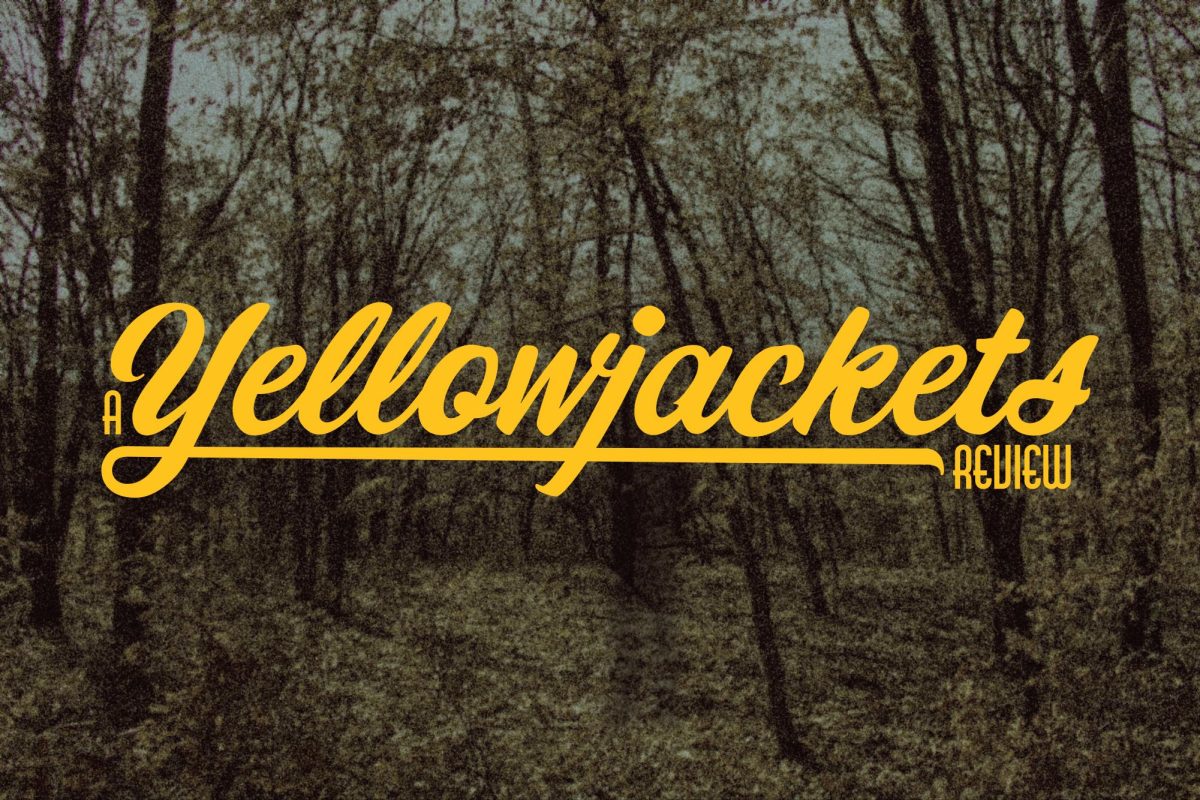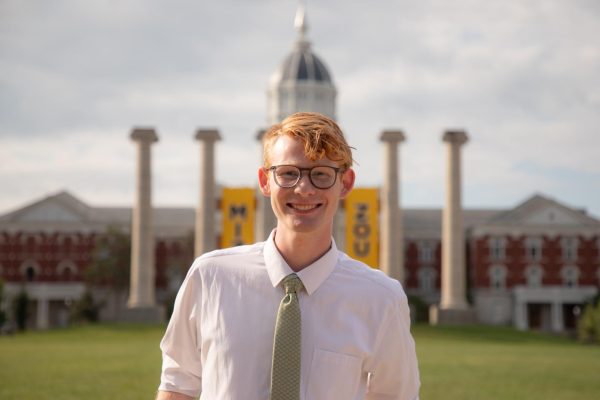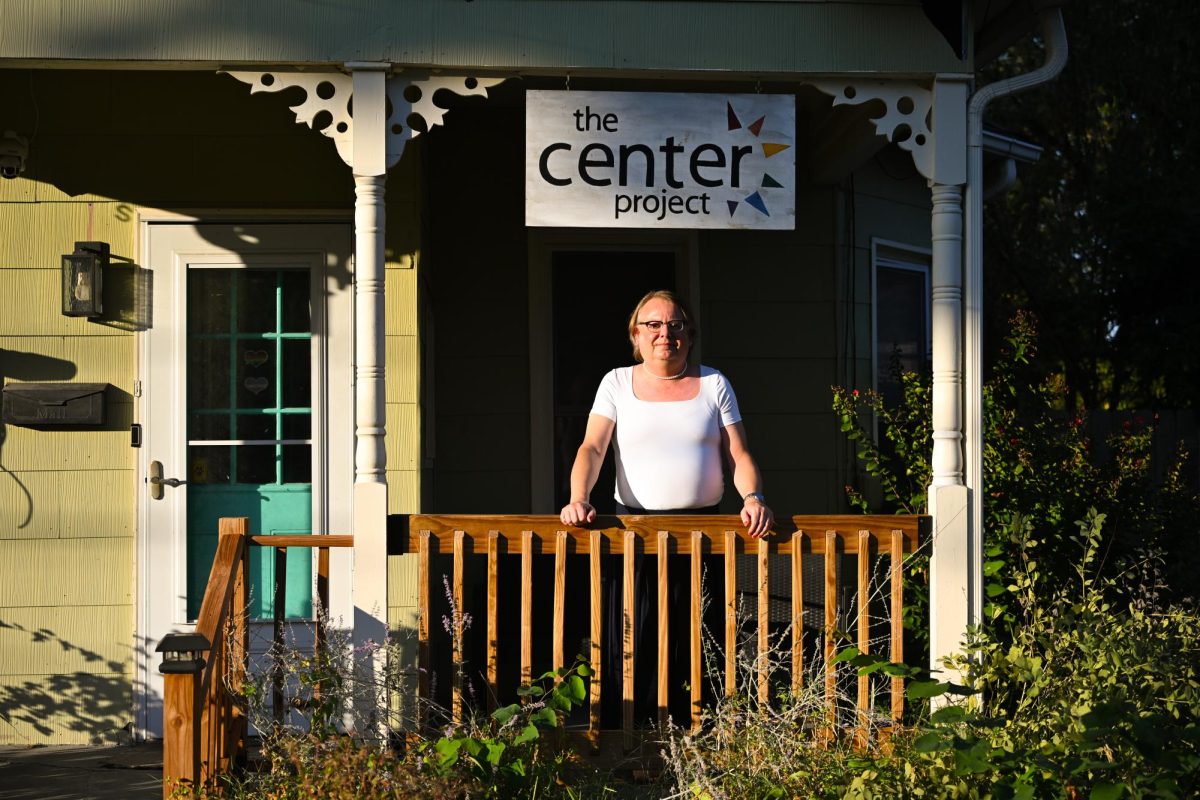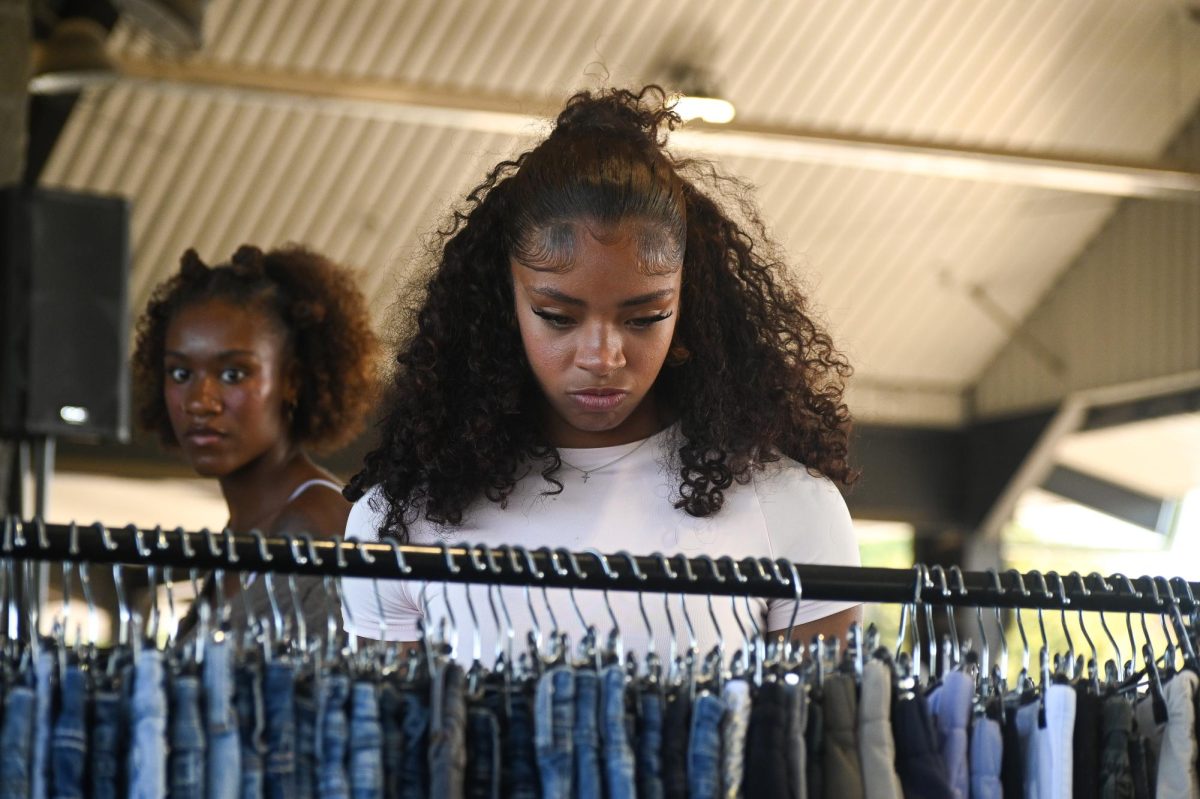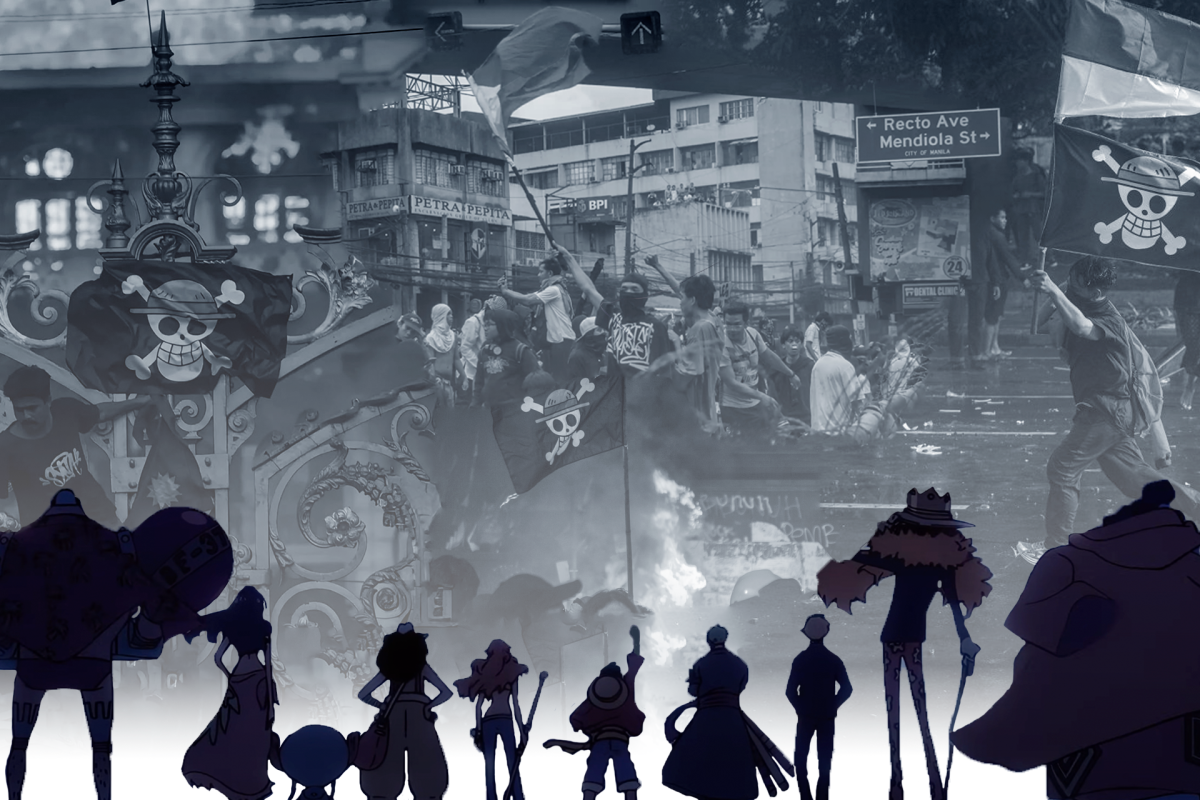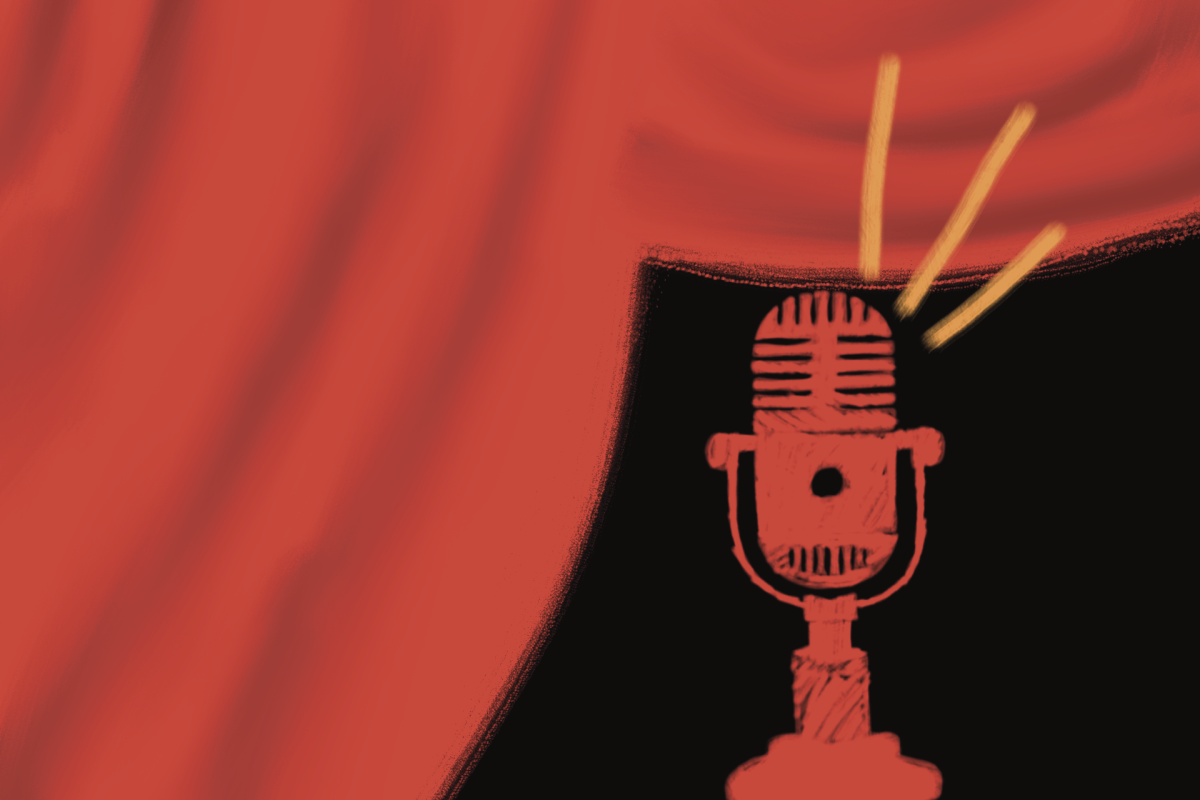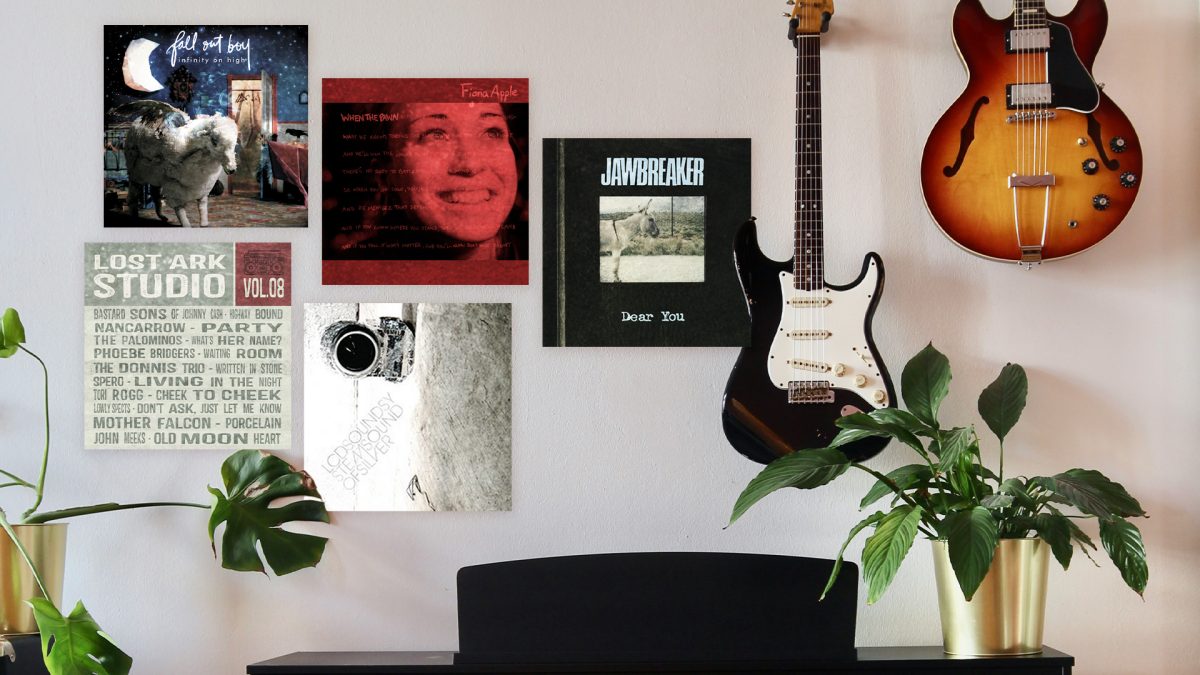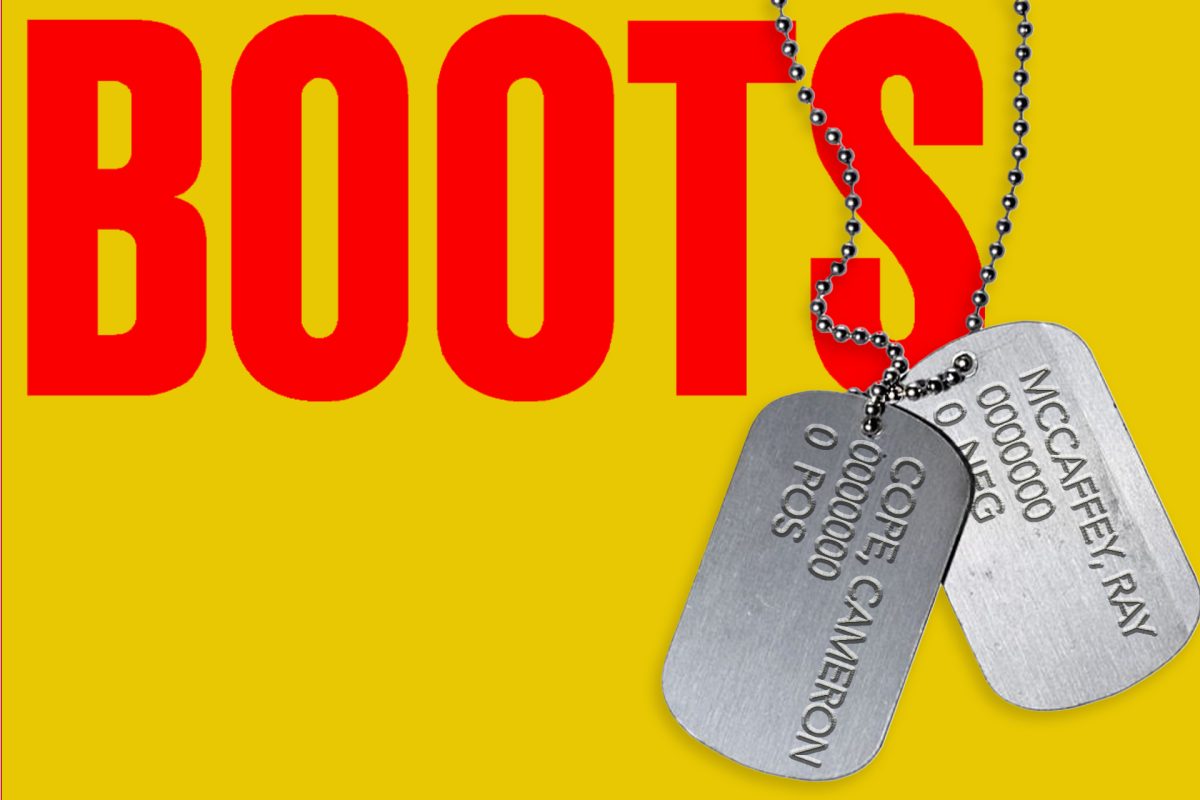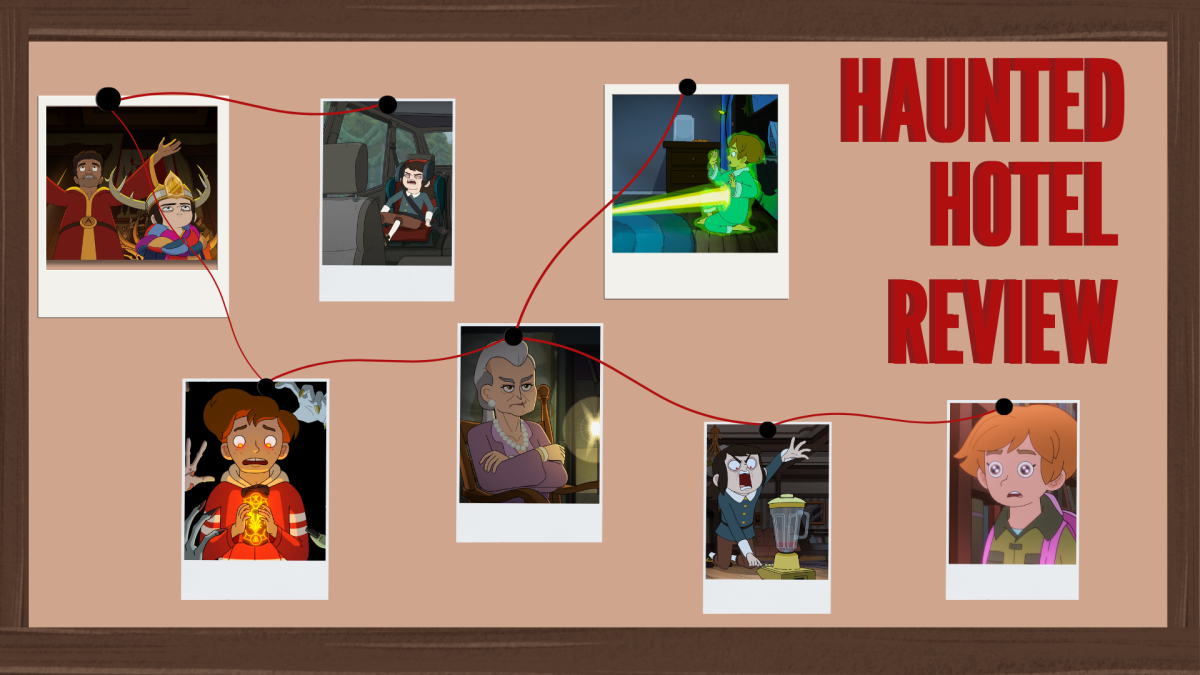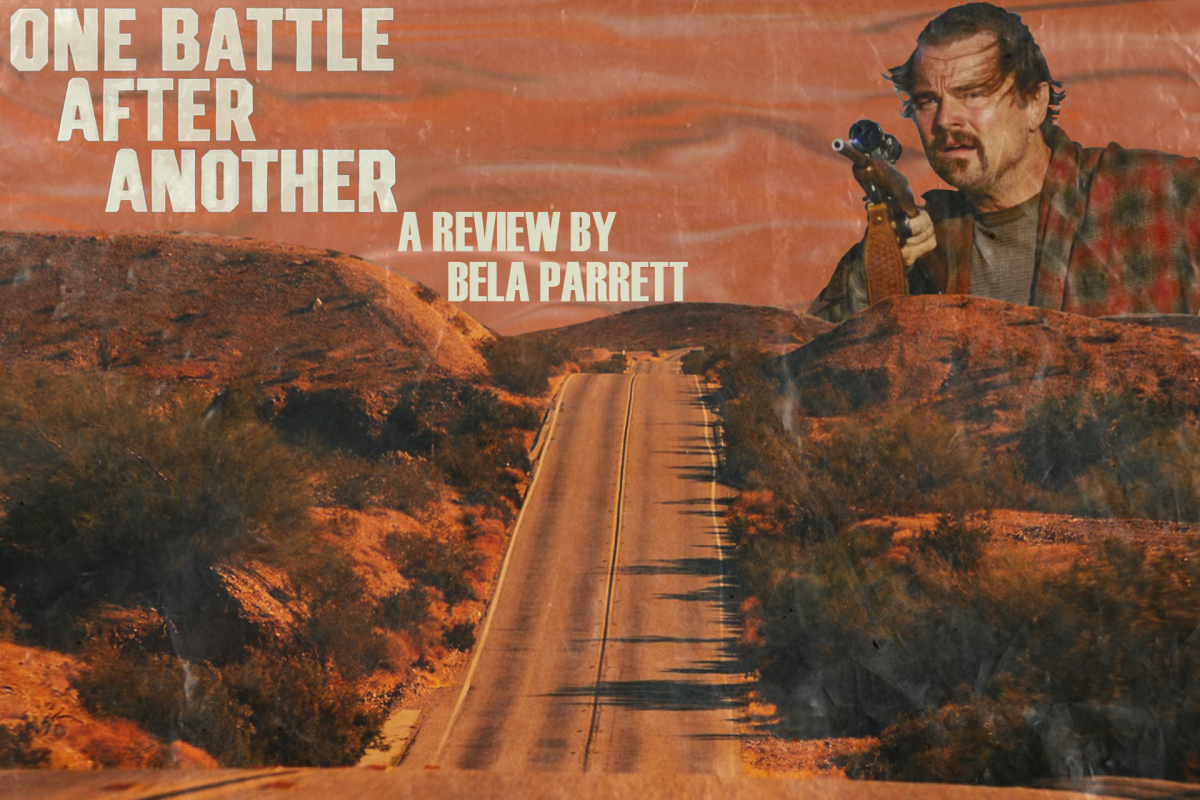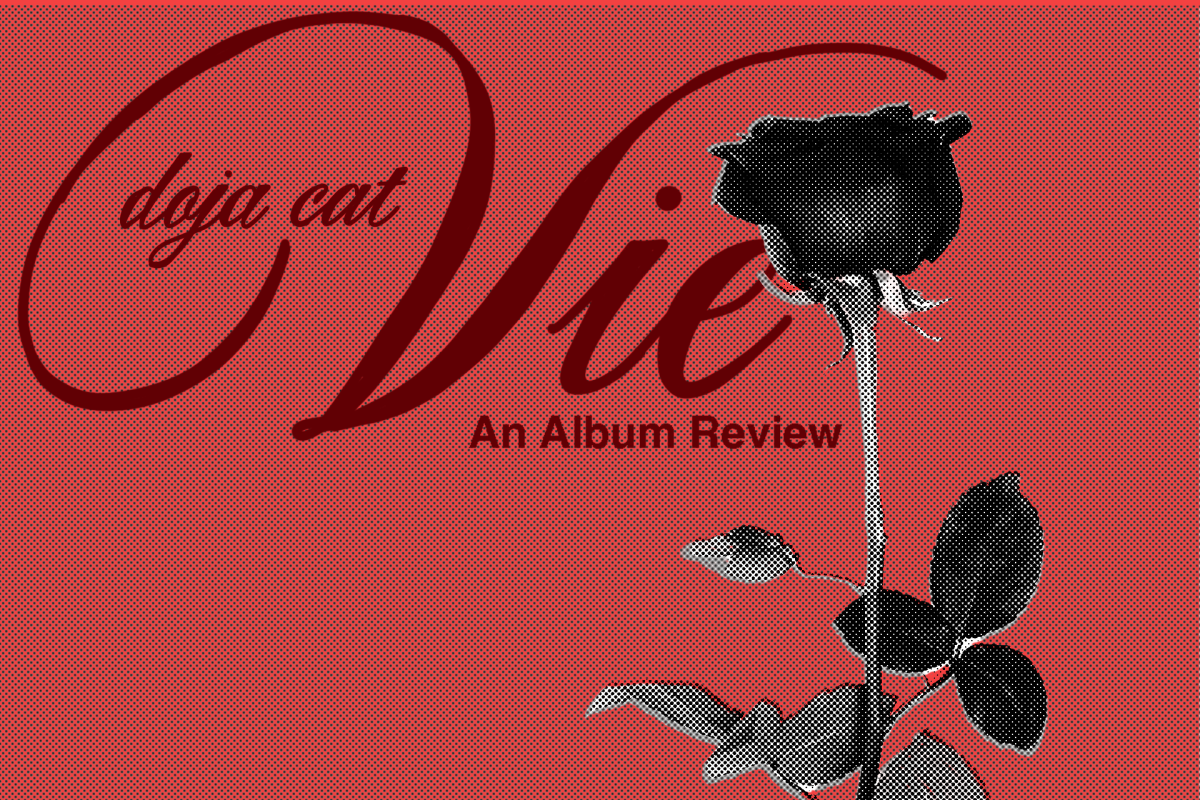To put it lightly, the return of “Yellowjackets” was my most anticipated event of the year.
Set to return with its third season on Valentine’s Day and extend into April, I immediately planned to watch every episode with my best friend from home. I’ve been a massive fan of the show since season one, and my best friend was hardly a day off from finishing season two for the first time. Nonetheless, phone calls every Thursday night extended from Columbia to Chicago as we watched through the gaps between our fingers.
“Yellowjackets” is often highly appraised for its writing, continuity and complex expression of morals and the people behind them. It’s what initially drew me to the show – I’ve always been interested in the idea of how different brains handle the same, horrible situation.
So, now that I have seen the whole thing, my final opinion is complicated.
Online, the season has been getting a bit of a bad rap, but week after week, I disagreed with every “bad writing” or “poor characterization” accusation. I kept asking myself why? What made it so bad to spark outrage?
In retrospect, I see a lot of the reasoning in the criticisms. I still think much of the hate is overdramatic and parasocial at best, but solid points were made. Too many plotlines were left unanswered, for example: who was responsible for what happened to the cabin at the end of last season? Were the brakes in Shauna’s car really a coincidence? Why pick that character to be behind all of this? Questions of that sort.
But frankly, I think I was having too good of a time to care.
For starters, the cast was incredible, as always. My personal standouts are Liv Hewson as Van and Sophie Thatcher as Natalie. They portray my favorite characters with more and more complex emotions every season. My favorite scene in the entirety of the show came from Thatcher this season, during the first snowfall – about a full minute of just her, a forest set and some fake snow.
However, I’d be absolutely remiss not to mention Sophie Nélisse and Melanie Lynskey as both versions of Shauna. They’re always incredible, but this season, Shauna’s arc was something very difficult to tackle, and they did so with ease. Somehow, they’ve made me love to hate a character I vowed I’d defend with my life. Bravo.
While I thought Shauna’s arc was natural and interesting, I felt indifferent toward others, particularly Van’s.
Last season, we left Teen Van after her famous “I’m glad I’m alive” monologue, which showed her thoughts starting to take a dark turn. She exhibited a growing lack of empathy and sureness in her survival, dependent on her belief in “the Wilderness.” This season, though, we come back to her denouncing anything to do with that, worriedly following Tai around like a scared puppy.
The idea of Van being pure-hearted and kind in the midst of all this is perfect for her. I think that’s an arc she’s truly worthy of, and I much prefer it to whatever road she was meant to go down. Yet, I can’t help but feel this was last minute, as a way to suffice what happens to her later in the season.
In the end, looking back on the season as a whole, I can’t even be mad at it.
All of these bad pieces of the puzzle are fan nitpicks compared to what is genuinely good in the season. If you care about the less-relevant background characters, season three has got your back. If you’re interested in getting answers to old questions, season three is there. And, well, if you’re looking for a total bloodfest, season three has that too.
The season three finale is pretty much the perfect episode of “Yellowjackets.” Aptly named “Full Circle,” every long-time question from the days of season one is relieved in a deeply satisfying way, with years of theories coming to a head. Everything felt finished and well-planned – a true full-circle moment.
And it was compelling! I liked the furthering depth of Melissa and Akilah as characters, I love Tai and Van together and I loved getting left on crazy cliffhangers every week. Maybe the trial in “12 Angry Girls and 1 Drunk Travis” felt like nonsense in the grand scheme of things, but wasn’t there some rush of excitement in seeing Misty stand up for Coach Ben?
This experience was all something I got to share with one of my best friends. The show, even now, has managed to bring us closer. Honestly, I think the late-night ruckus laughter and the incredulous gasps and the gushing over fictional crushes far outweigh any “disruption” in the plot. I guess, in a way, it comes down to who cares?
If you are undecided on season three, I invite you to reflect on the standard you hold your television, and why exactly you pay attention to it. The version of ‘mid’ that “Yellowjackets” portrays is a goldmine compared to any other show – that’s how good this project is. If all you look for in a show is literal quality rather than enjoyment quality, then you must be pretty bored.
Edited by Alyssa Royston | [email protected]
Copy edited by Natalie Kientzy and Ava Mohror | [email protected]
Edited by Emily Skidmore | [email protected]


